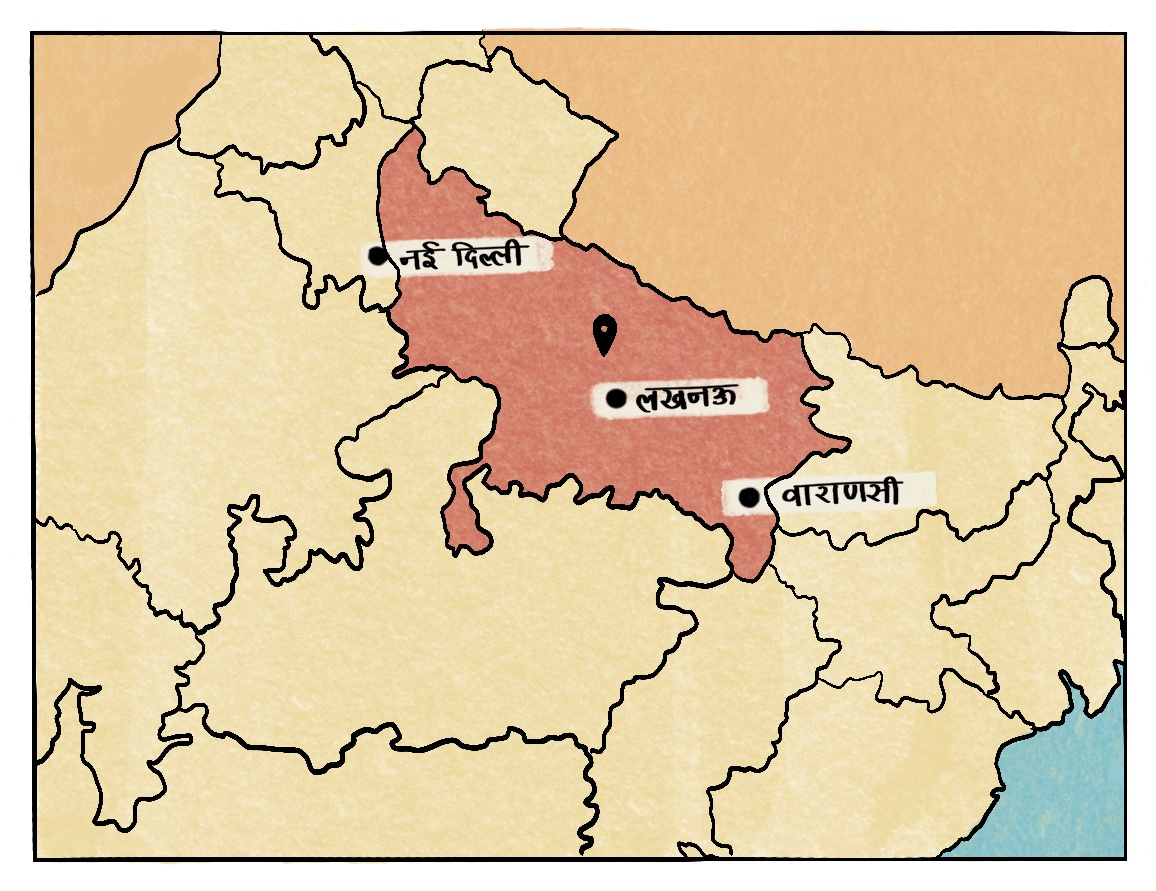The Culture of Food
Food is not just a means of satisfying our hunger or an ‘optimal’ mix of macronutrients and micronutrients to provide adequate nutrition. Rather, food is memory. It is a repository of history, geography and culture. It is strongly linked to gender, caste and class - what you eat is dictated as much by your income or where you live as by your position in the societal hierarchy. Food has the ability to bring people together, and also to create deep and long-lasting divides.
Worldwide, we are witnessing a massive transformation in food, with diets shrinking from diverse baskets of seasonal produce to highly processed foods made from wheat, corn, rice and a handful of other foods. This has had a profound impact on our health and well being. In India, a land of diverse cultures and cuisines, about half of Indian women and a quarter of Indian men are now anaemic. About one-third of children below five are stunted, indicating long-term nutritional deficiencies. Consumption surveys have noted a steep decline in the intake of protein-rich foods like dairy, meat, fish and pulses and traditional indigenous foods like collected greens, tubers and small game.
Many historical foods have been forgotten or are no longer grown. Along with this the knowledge of processing, preparing, cooking and consuming them has also been lost. This portal aims to document this knowledge for different agro-climatic zones, along with deeper analyses of food and farming transitions to help us understand how we got here. We hope the rich historical experiences and memories of food and farming documented here will help each one of us rethink what we eat, what it means for the people who grow it, and how we can live sustainably on our planet.
Recovering food narratives
The ‘Recovering Food Narratives’ portal has documented food stories from western Avadh, located in the upper Gangetic plain of northern India. These stories emerged from a multidisciplinary study that traced farming and food transitions in this region over the past 60-70 years.
Food Cultures from Around India
Click on the links on the map to learn more about food cultures of that region.
Click on the author’s name to hear them speak about their work.
Food Cultures Across Geographies
Bihun Collective | Sanchita Das
Forgotten Greens | Shruti Tharayil
The Locavore | Oishika Roy
Earthen Routes | Manasvini Tyagi
Chef Promoting Local, Seasonal, Regional | Keertida Phadke

